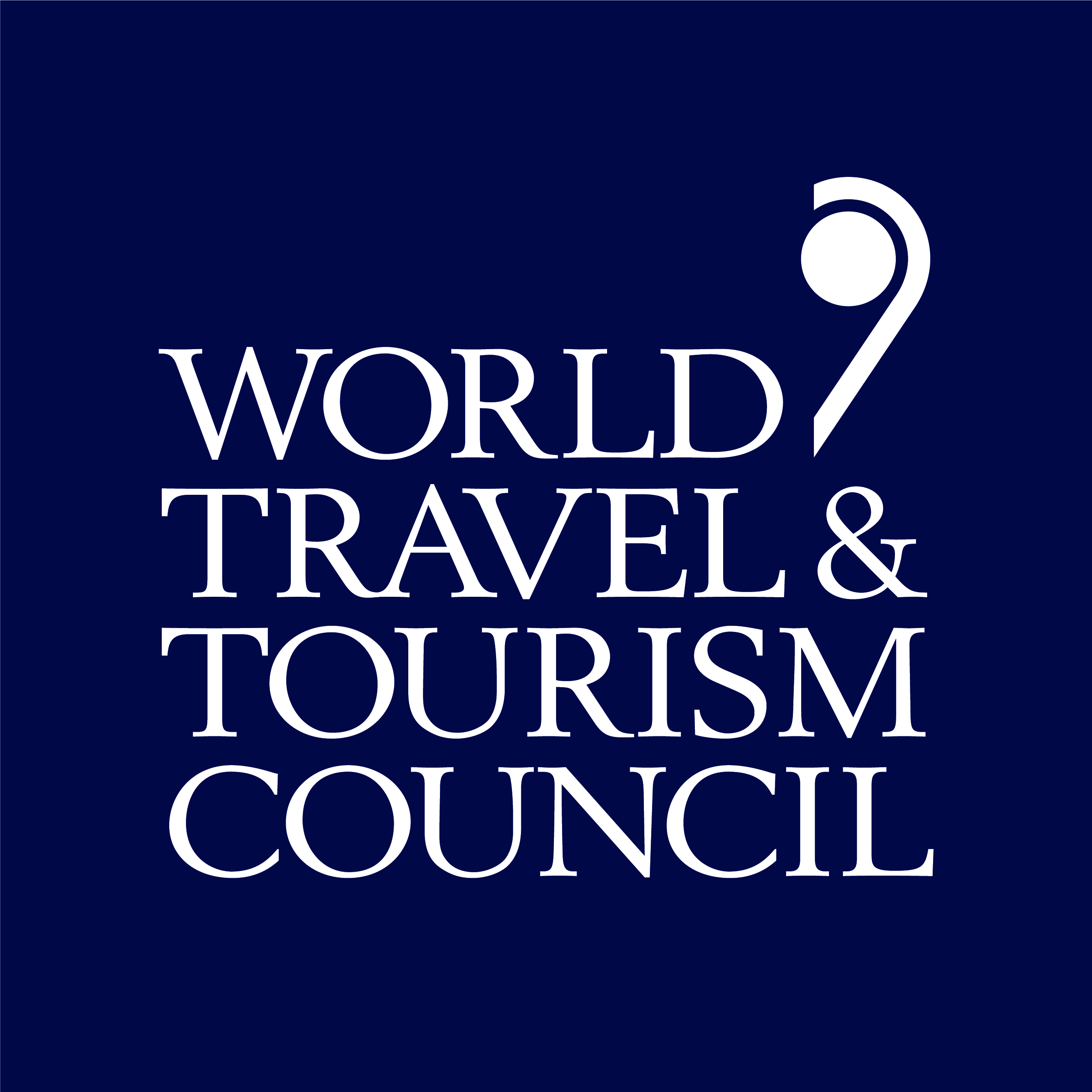Culture shock to culture smart: How travel businesses can help tourists respect local customs

As tourism becomes more global, so do the risks of cultural faux pas. What seems like harmless fun to a traveller might be deeply offensive to a local community. For small and medium enterprises (SMEs) in the Travel & Tourism sector, every encounter between guest and host is a chance to build bridges, as one thoughtless act can go viral and damage not just reputations, but entire destinations.
Sign in to access actionable insights
As tourism becomes more global, so do the risks of cultural faux pas. What seems like harmless fun to a traveller might be deeply offensive to a local community. For small and medium enterprises (SMEs) in the Travel & Tourism sector, every encounter between guest and host is a chance to build bridges, as one thoughtless act can go viral and damage not just reputations, but entire destinations.
From visitors wearing inappropriate attire at sacred temples to tourists bargaining aggressively in impoverished communities, cultural misunderstandings can be damaging. These incidents can erode trust, sour community-tourist relations, and in extreme cases, even provoke backlash against tourism altogether. For SMEs embedded in local ecosystems, such incidents are not abstract. They directly impact business sustainability, employee morale, and long-term community goodwill. But there’s a silver lining. As gatekeepers of on-ground experiences, SMEs are uniquely positioned to shift the narrative by cultivating respect.
Training staff as cultural ambassadors
Your frontline staff are the first point of interaction between a tourist and the local culture. Transforming them into cultural ambassadors is smart and essential. Go beyond hospitality basics and integrate cultural competency training into your onboarding process. Teach the ‘why’ behind the ‘what,’ such as why certain behaviours, attire, or language are inappropriate in a local context.
For example, in regions where removing shoes before entering a home is customary, explain the cultural significance, not just the rule. Instruct staff on how to gently, yet confidently, communicate these norms to guests. Role-playing, storytelling, and even inviting local elders for training sessions can make learning richer and more memorable.
Turning travel experience into education
Integrate cultural education into the travel experience in engaging, non-preachy ways. Whether it is a welcome briefing, a printed etiquette card in the guest room, or a QR code leading to a short video on local customs, keep the tone friendly and curious.
Make it fun. Offer cultural quizzes during tours. Host interactive storytelling sessions about local legends. Create Instagrammable infographics that share “Did You Know?” facts about local culture and do’s and don’ts. This kind of engagement prevents cultural blunders and enhances the tourist’s experience, deepening their emotional connection to the destination.
The culture translators
No one knows a culture better than its people. Local guides are culture translators, blending insight, humour, and storytelling into an immersive experience. SMEs can partner with these guides to enrich tours and subtly enforce cultural boundaries.
Local guides can gently call out disrespectful behaviour in real-time, often using humour or storytelling to make the point. They can also pre-empt missteps by weaving cultural etiquette into their narrative, such as “In this village, it is respectful to greet elders with a nod. Let’s all try it when we meet the chief!” Such collaborations ensure that visitors leave with a perspective, along with souvenirs.
Collaborating with local artisans
Cultural sensitivity is about economics. SMEs that involve local artisans in their offerings create authentic experiences and empower communities. Set up workshops where visitors can learn traditional crafts directly from local creators. This will promote cultural pride and create respectful spaces for dialogue and exchange.
A traveller painting tribal motifs under the guidance of an artisan is more likely to understand their cultural depth and less likely to misuse or misrepresent them later. When tourists understand the story behind a product, be it a handwoven scarf or a ceremonial mask, they are more likely to pay fairly, value the craft, and respect its origins.
The business case for cultural sensitivity
Being culture-smart is also a business advantage. Travellers today seek meaningful, ethical, and immersive experiences. They are reading reviews, scanning social media, and increasingly aligning their spending with their values. SMEs that build their brands around cultural sensitivity will stand out in a crowded market. By positioning yourself as a protector of place, you create brand loyalty, community trust, and long-term sustainability.
Now is the time to lead the cultural revolution in tourism with purpose. Train your people, educate your guests, and collaborate with your communities, because when SMEs champion cultural respect, everyone wins—the tourist, the local, the business, and the future of travel itself.

















